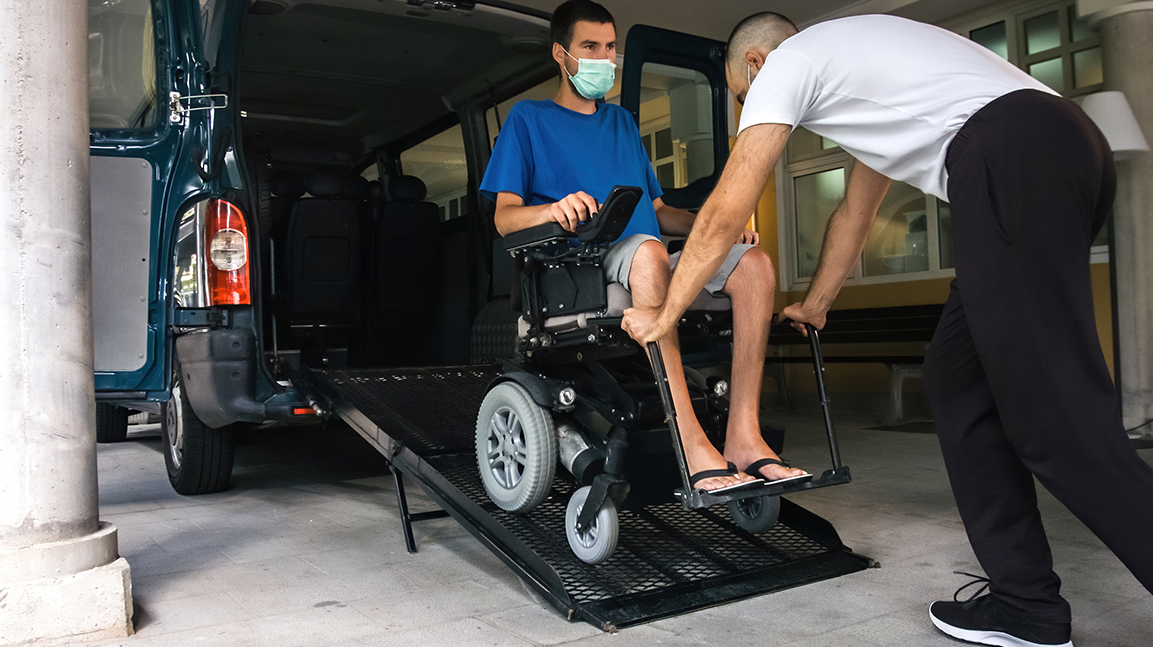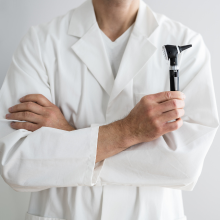From Bedside to Destination: Minimizing Complications During Transport of Complex Care Patients

For workers’ compensation adjusters and nurse case managers, ensuring the safe and efficient transport of complex care patients is critical to their role. These patients, often with multiple injuries or chronic conditions, require meticulous planning and a coordinated effort to minimize complications during transport. Ensuring patients are safe during transport is important and needs constant attention. If we’re not careful in how we handle patients with complex care needs, we could accidentally hurt them or mess up important medical devices they need. Let’s dig into some key strategies to achieve a smooth and successful transfer, focusing on communication, collaboration, and meticulous preparation.
Pre-Transport Planning: The Bedrock of Success
MTI strives to provide a hassle-free patient transfer experience.
Here’s how we plan to achieve it:
Clear Communication: It is essential to keep everyone informed throughout the process. This includes the adjuster, case manager, the facilities involved, and the transport team. We will ensure that all medical records, including the patient’s condition, medications, allergies, and any special equipment needs, are shared securely.
Collaborative Assessment: Together with the medical team at the sending facility, we will assess the patient’s condition to determine the best transport option, whether by ambulance, air ambulance, or another method. We will consider the patient’s stability and any equipment needs.
Equipment Inventory: We ensure that all the necessary medical equipment, medications, and supplies are on hand for the transport. This includes ventilators, monitors, pain medication, and specific wound care supplies.
Route Planning: We will carefully plan the transport route, considering distance, traffic delays, and weather conditions.
Ensuring Continuity of Care
Detailed Handoff Report: Prepare a comprehensive report for the receiving facility, outlining the patient’s medical history, current medications, vital signs, and any specific interventions implemented during transport.
Post-Transport Follow-Up: Maintain communication with the receiving facility to monitor the patient’s progress and address any concerns that may arise.
By following these strategies, we managers can significantly reduce the risk of complications during the transport of complex care patients. Effective communication, meticulous planning, and a focus on patient comfort and safety will ensure a smooth transition from bedside to destination, promoting a faster recovery for the injured worker. |

CORPORATE ANNOUNCEMENT:
New Phone Menu
At MTI America, we are committed to delivering exceptional service and ensuring your experience with us is as smooth as possible. We are thrilled to announce that starting on May 6th, we will launch an updated phone menu designed to improve accessibility and streamline communication.

If You Don’t Speak Your Injured Worker’s Language, They’ll Find a Lawyer Who Does
No employer wants to see their employees injured and out of work, and no worker wants to be stuck at home worrying about the longterm consequences of both their injury and their time away from the job. A fast return-to-work is good for everyone.
Read More >>

Get insider tips and tricks from
a former adjuster.
Learn how to:
- Build a OneNote Notebook
- Color Coding Your Calendar
Start Lessons >>

Sign Up for CE Webinar Alerts >>
EVENTS
 |
May 5-8, 2024
Riskworld
Learn More
|
 |
Webinar
May 23, 2024
Audiology & Hearing Aids in Worker’s Compensation
Register Today |
|
|



